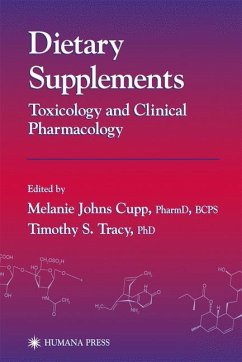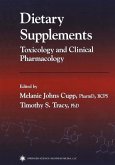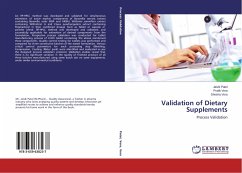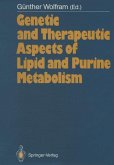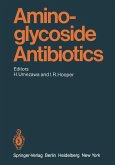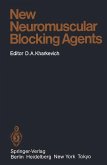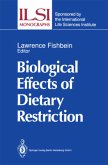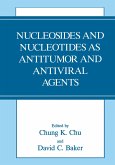While sales of dietary supplements have skyrocketed in recent years, information about their safety and efficacy in humans is generally sparse in comparison with what is available for prescription drugs. Dietary Supplements: Toxicology and Clinical Pharmacology presents, in both comprehensive and summary formats, a wealth of objective information for a selection of significant nonherbal dietary supplements. The supplements detailed were chosen for their popularity, toxicity, and the quantity and quality of information available, and include such well-known agents as DHEA,
androstenedione and other over-the-counter steroids, coenzyme Q10, fish oil, glucosamine and chondroitin, chitosan, chromium picolinate, creatine, vanadyl sulfate, SAMe, and melatonin. Additional coverage is given to colloidal silver, shark cartilage, germanium, red yeast rice extract, l-tryptophan, N,N-dimethylglycine, GHB and GBL, huperzine, hydrazine, methylsulfonylmethane, and pyruvate. Each monograph discusses the history of the compound; its chemical structure; its current and promoted uses, sources, and chemical composition; and its toxicity, pharmacokinetics, and physiological role. Also presented are case reports of their adverse effects and interactions, as well as information on their reproductive effects, chemical and biofluid analysis, and regulatory status. Each chapter is based on original studies published in reputable peer-reviewed journals, as well as on meta-analyses, systematic reviews, or other high-quality assessments by recognized experts.
Authoritative and objective, Dietary Supplements: Toxicology and Clinical Pharmacology offers physicians, pharmacologists, pharmacists, toxicologists, and medical examiners a treasure trove of uncommon-but reliable-scientific and clinical information on the toxicity and usefulness of today's leading nonherbal dietary supplements.
Hinweis: Dieser Artikel kann nur an eine deutsche Lieferadresse ausgeliefert werden.
androstenedione and other over-the-counter steroids, coenzyme Q10, fish oil, glucosamine and chondroitin, chitosan, chromium picolinate, creatine, vanadyl sulfate, SAMe, and melatonin. Additional coverage is given to colloidal silver, shark cartilage, germanium, red yeast rice extract, l-tryptophan, N,N-dimethylglycine, GHB and GBL, huperzine, hydrazine, methylsulfonylmethane, and pyruvate. Each monograph discusses the history of the compound; its chemical structure; its current and promoted uses, sources, and chemical composition; and its toxicity, pharmacokinetics, and physiological role. Also presented are case reports of their adverse effects and interactions, as well as information on their reproductive effects, chemical and biofluid analysis, and regulatory status. Each chapter is based on original studies published in reputable peer-reviewed journals, as well as on meta-analyses, systematic reviews, or other high-quality assessments by recognized experts.
Authoritative and objective, Dietary Supplements: Toxicology and Clinical Pharmacology offers physicians, pharmacologists, pharmacists, toxicologists, and medical examiners a treasure trove of uncommon-but reliable-scientific and clinical information on the toxicity and usefulness of today's leading nonherbal dietary supplements.
Hinweis: Dieser Artikel kann nur an eine deutsche Lieferadresse ausgeliefert werden.
"The book is nonjudgmental and backs up its assertions with pertinent references and provides data on both positive and negative aspects of each supplement. The summary chart at the end of the book provides a quick reference for the reader.This is a useful and enlightening book. It is a nice alternative to the multiple other options on supplements as it uses reliable sources and is scientifically based. Some of the data, such as interactions and pharmacokinetics, is difficult to find without substantial research. It has been nicely collected in this one book.This book is intended for practicing healthcare clinicians who have patients using these supplements, particularly internists, family practitioners, and emergency physicians. It also has utility for exercise physiologists and other specialists whose patients may be using these supplements for particular ailments or aims. Forensic physicians and researchers will find the information on pharmacokinetics, biofluid analysis and interactions quite useful.
"-Doody's Health Sciences Book Review Journal
"...fills a niche that needed filling and offers a large amount of valuable material that is sure to become increasingly important to the practice of forensic science in the not too distant future." - Canadian Society of Forensic Science Journal
"-Doody's Health Sciences Book Review Journal
"...fills a niche that needed filling and offers a large amount of valuable material that is sure to become increasingly important to the practice of forensic science in the not too distant future." - Canadian Society of Forensic Science Journal

